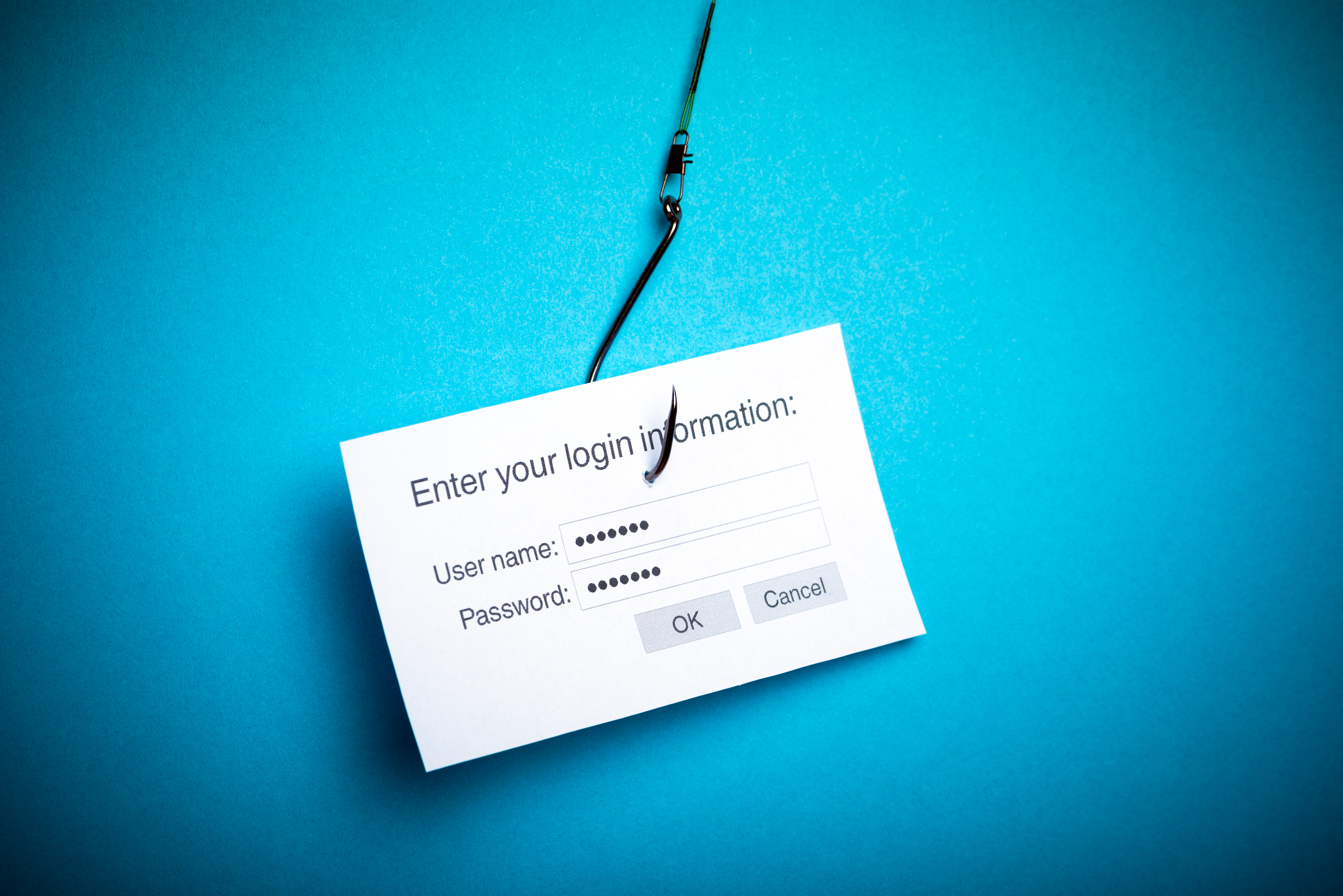Email hacking is a cybercrime that can affect both your personal and professional life. For small business owners (or business owners of any size), it can be especially damaging, as entry into your company’s information can also cause cybercriminals to access customer information.
Thankfully, there are systems, software, and signs that an owner can use to strengthen their protection against cyber attacks through email hacking or email phishing.
To learn more about cyber protection when it comes to email-driven attacks, we talked a moment with FLCB bank security officer Ed Bides.
FLCB: What is email hacking?
EB: Email hacking is the process in which a hacker or intruder obtains and maintains access to your email system in order to access all email content to obtain information illegally.
FLCB: How can an email hack affect a small business?
EB: It can affect businesses by way of damaged reputation, stolen company secrets or financial disarray or loss.
FLCB: How can business owners protect themselves against hackers?
EB: Your first line of protection can be found in updated antivirus programs, malware protections, reputable email host and basic security processes like encrypting sensitive information through email.
You should also train to recognize basic red flags on email phishing or spoofing attempts and utilize multifactor authentication for your logins to make them tougher to crack into.
FLCB: What can owners do to ensure their software is keeping them protected from hackers?
EB: Update it frequently, research newer technologies, test security features. Again, using multifactor authentication makes it harder for a cybercriminal to break into your accounts.
If you’re a business owner who takes their work on the go, make sure that you’re always connected to secure Wi-Fi. There is no guarantee of safety with public networks, so the best thing to do is either log in through a personal hotspot or refrain from using the internet at all when a secure network is unavailable. And, even with you are online, be on the lookout for the ‘s’ in “https” found in a website URL address line. The inclusion of that single letter is a guarantee that the page you are on is secure.
Try looking for it the next time you conduct a transaction online to get a better understanding.
FLCB: What do I do if my business is a victim of an email attack?
EB: The first thing to do is to immediately report to your IT/MIS dept. Next, you’ll want to contact email host, run an AV and Malware scan, and notify authorities if needed (police, FBI, etc.). At times it may not come to having to involve authorities, but a breach in your protected systems should always be taken that seriously. It’s better to be safe than sorry when such critical information is at stake.
FLCB: How do I educate my employees in the event of an email hack?
EB: Utilizing employees as a line of defense against cybercrime is essential. With the proper training, your employees can be just as diligent in spotting potential dangers and protecting your business. Test security features often to get them used to what could be a breach. Conduct employee training that include showings basic red flags of phishing or fraudulent emails, the differences in secure Wi-Fi versus public Wi-Fi, and the “https” designation in address line as discussed earlier.
Unfortunately, with the advancement in technology, our personal and professional information can never be 100% safe. Hackers evolve alongside security advancements, so it is important to remain on the lookout for intruders looking to bring harm to your business.

